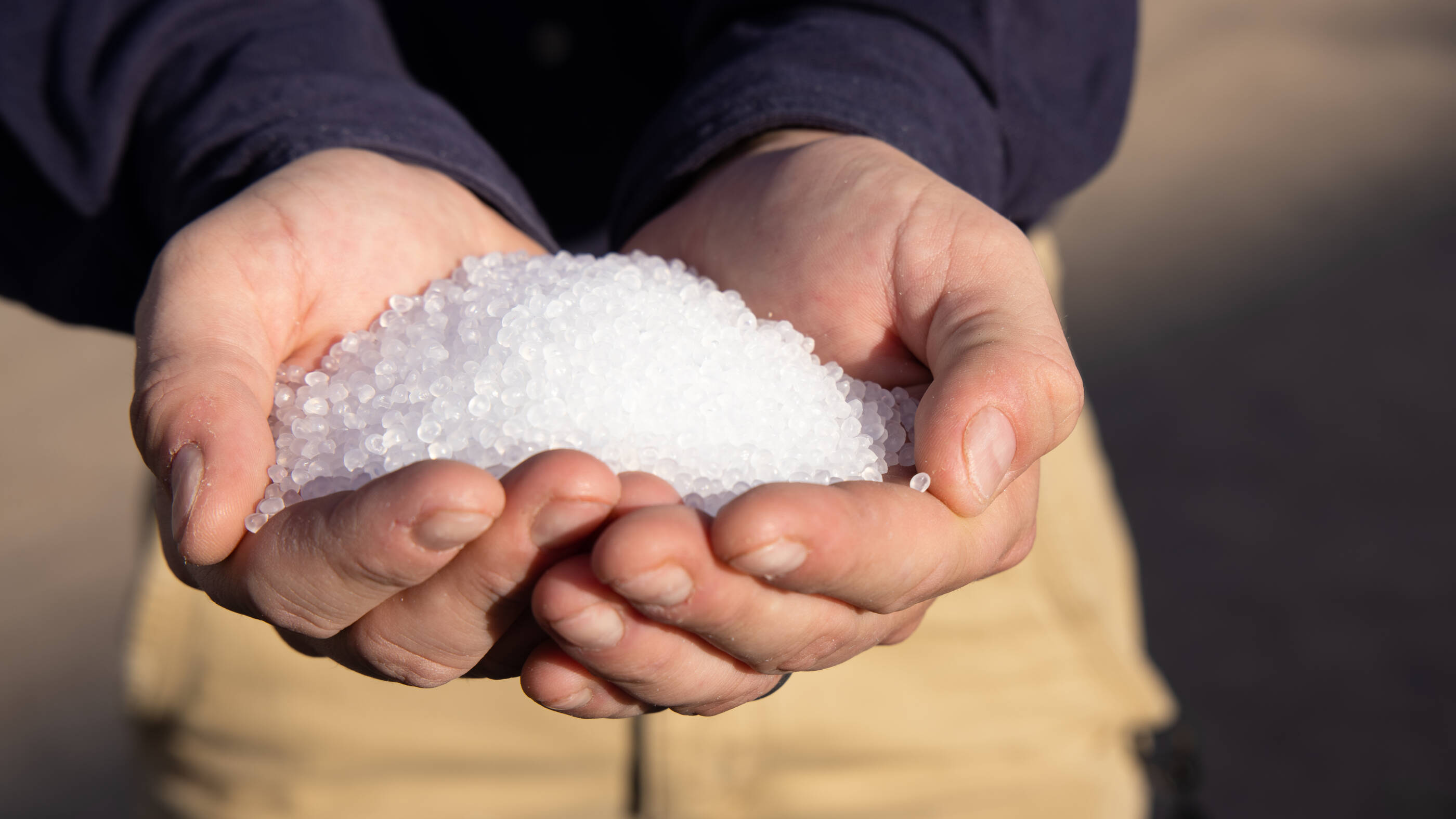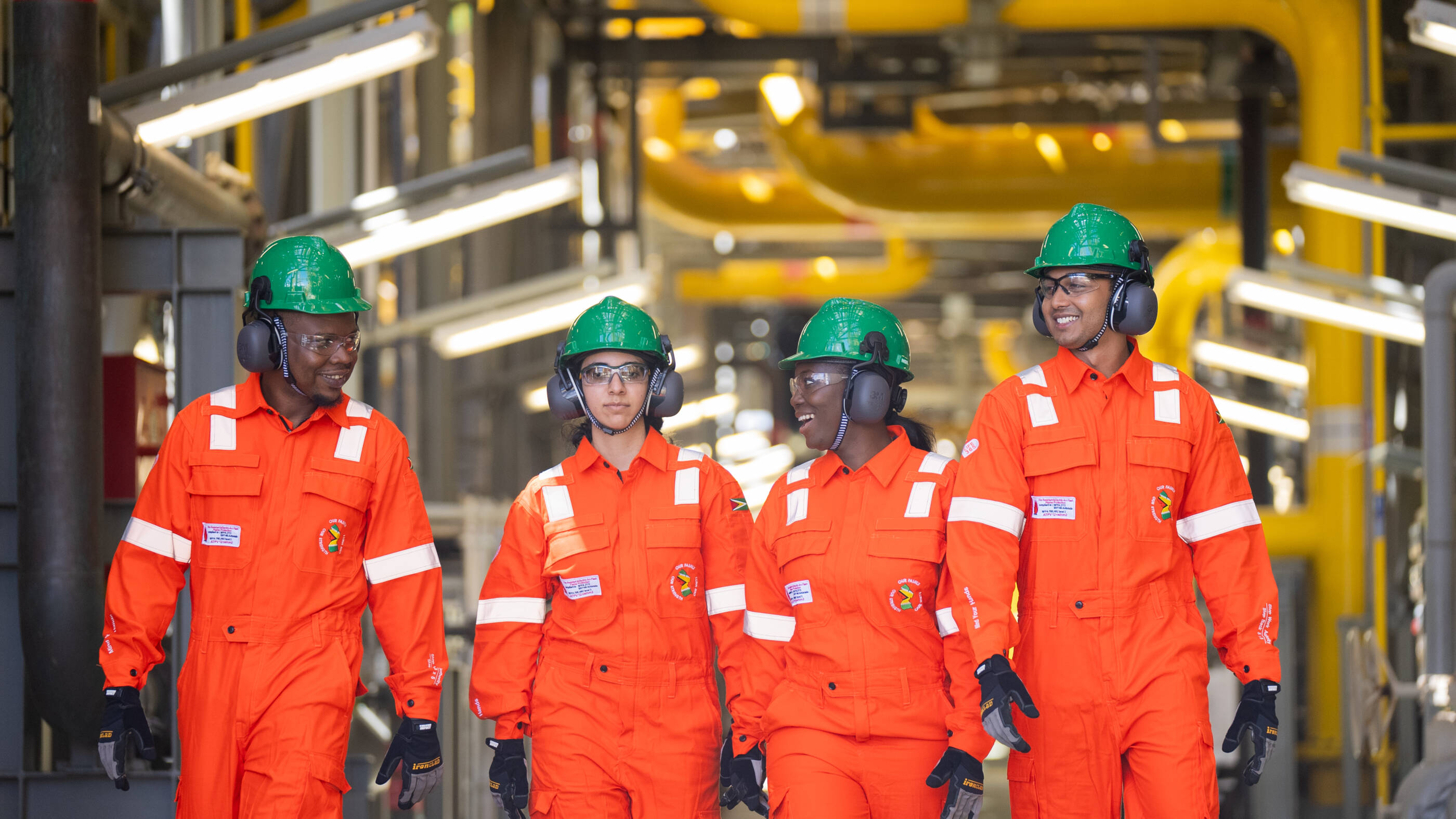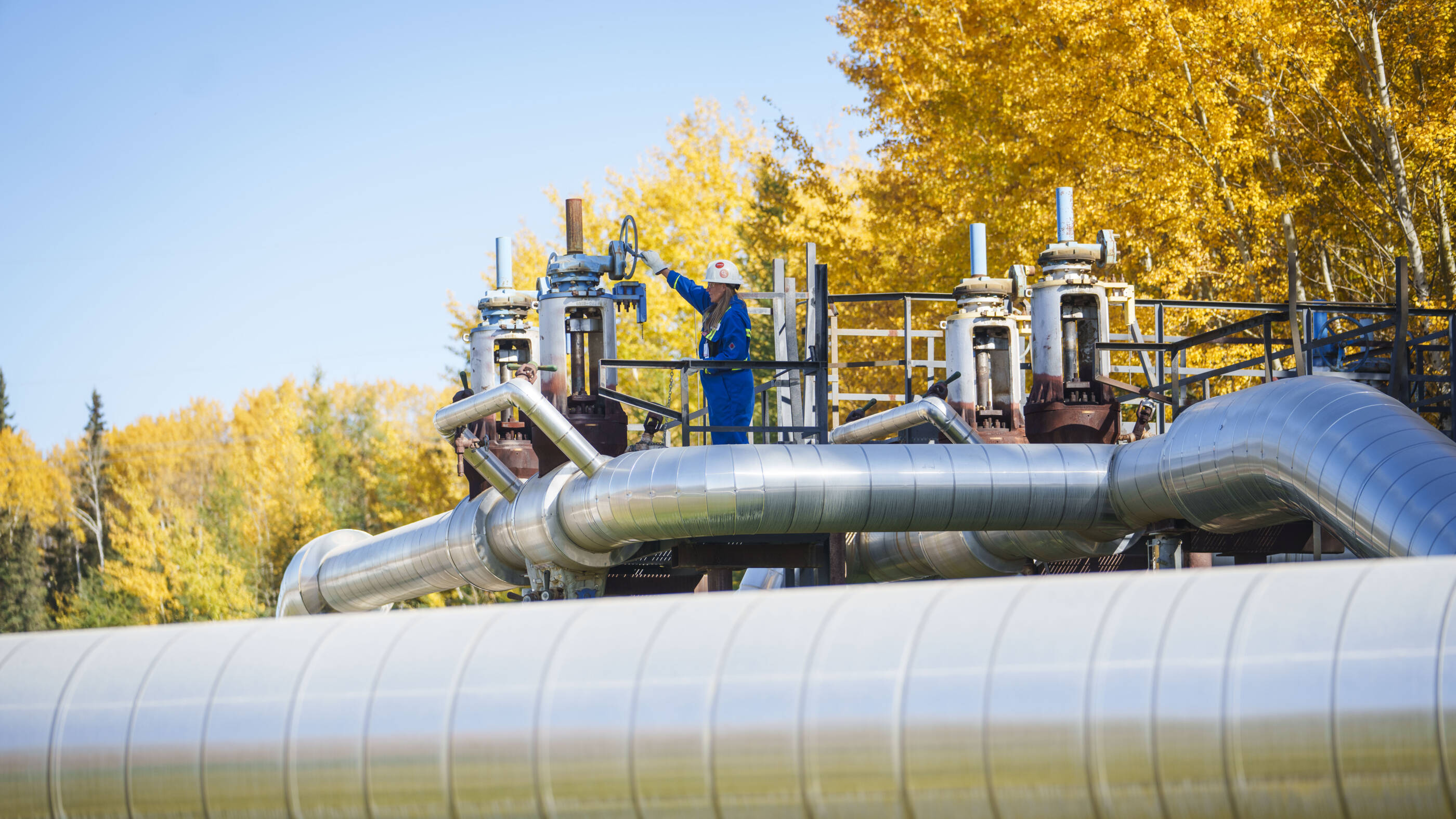Advanced recycling: A different way to handle used plastics
Only 9% of plastics are recycled globally, according to the Organization for Economic Co-operation and Development (OECD). How can the world improve that rate while supporting a more circular economy for plastics?
While the first step in improving recycling rates needs to be investment in municipal collecting and sorting, advanced recycling can help by complementing traditional recycling methods.
Traditional mechanical recycling is an excellent way to recycle clean plastics of a single type, like water bottles. However, it has difficulty removing oils, grease or food waste from the used plastic, so many food and oil-based product containers are discarded, usually to a landfill.
Mechanical recycling also can’t process packaging with multiple layers of different types of plastics and other materials. For example, a chip bag may have a plastic outer layer and an aluminum inner layer. Traditional machines can’t separate this combination effectively.
Advanced recycling solves these issues by breaking down materials to their molecular level. These molecules then become the raw materials used to make fuels, lubricants, brand-new plastics and other valuable products. The process allows a wider variety of plastics to be recycled – chip bags, motor oil bottles, artificial turf and more.
Advanced recycling can help society recycle a greater share of the products we use every day. It’s a solution that can improve recycling rates for plastic waste and support a more circular economy. And it can be scaled and replicated around the world to increase the amount of plastic material that can be made into new products.
Here’s how it works.
1. Collection
We're accepting and processing hard-to-recycle plastics from a few companies already. In the future, we hope the collection of all types of plastic could be a part of everyday recycling pickups.
2. Sorting
Today, most plastics are sorted for either mechanical recycling or landfill. Advanced recycling opens a new path for difficult-to-recycle plastics like chip bags and even artificial turf to be diverted to plastic recovery facilities.
3. Shredding and processing
Once diverted from landfill, the plastics are sorted, shredded and processed to meet the physical and chemical specifications for mechanical or advanced recyclers. Plastics that are more difficult to recycle are sent to advanced recycling facilities.
4. Rebuilding
At an advanced recycling facility, the plastics are converted into liquid and gas molecules - the raw materials used to make valuable new products. Our Baytown, Texas, facility has 40,000 metric tons (80 million pounds) of annual processing capacity. We’re investing in technology that will one day exceed more than one billion pounds per year of capacity to help address plastic waste.
5. Certified-circular plastics
The amount of usable raw materials processed from the plastic waste is freely attributed through a mass balance approach to the plastic we sell as “certified-circular plastics.”
Newsroom
Stay up to date with the latest news and information
Explore more

Expanding the plastics life cycle
3 min read
•
Integrating sustainability into what we do
5 min read
•
Working with suppliers

Enhancing process safety
3 min read
•
Improving air quality
2 min read
•